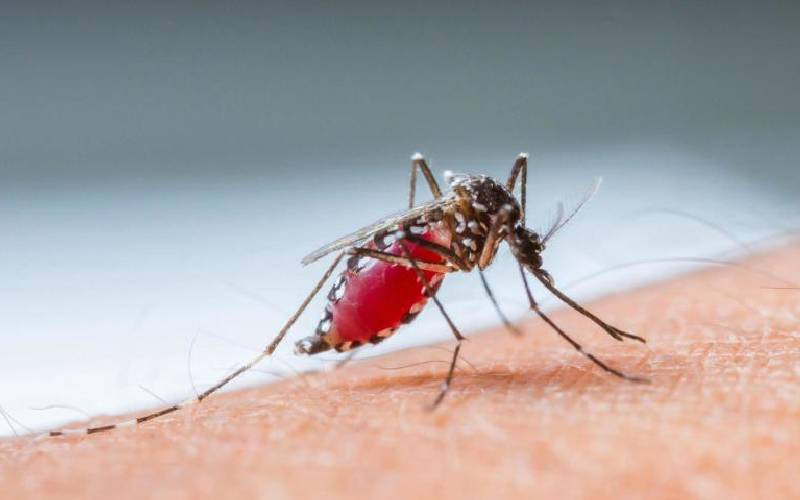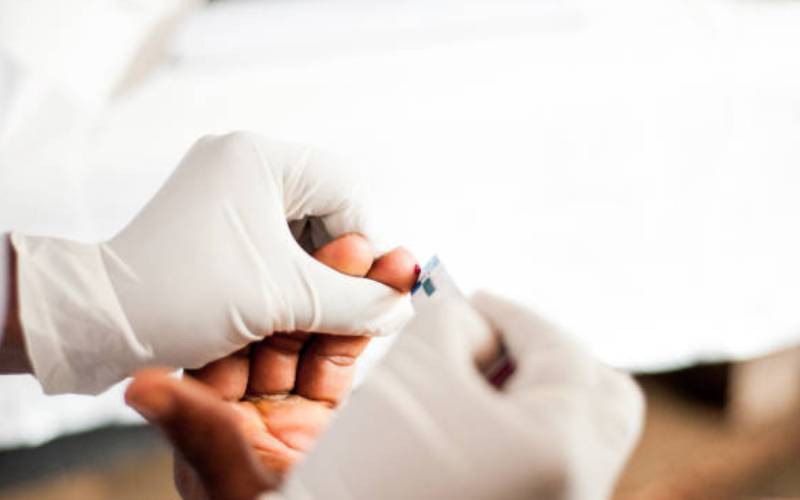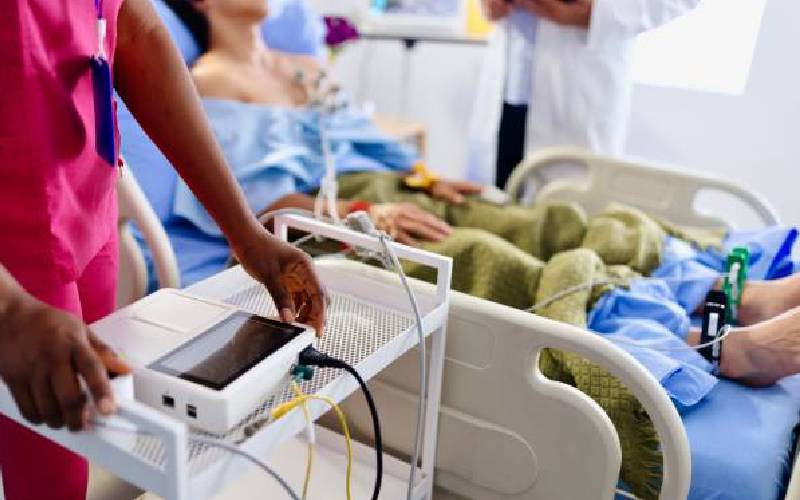
When most people think about mosquitoes, the disease that comes to mind is malaria. However, mosquitoes are responsible for many other diseases, including obscure dengue fever.
The World Health Organization's (WHO) 2010 report on neglected tropical diseases offers an expanded list including dengue as a viral infection.
Dengue (break-bone fever), according to the WHO, is a viral infection caused by the dengue virus (DENV). This disease is known to be caused by four serotypes (DENV1-4) that are transmitted to humans through the bite of infected Aedes aegypti or Aedes albopictus mosquitoes.
These mosquitoes typically lay eggs in containers that hold water, like buckets, bowls, animal dishes, flower pots, and vases.
Dengue is found in tropical and sub-tropical climates worldwide, mostly in urban and semi-urban areas.
In Kenya, compared to other African countries, there is some evidence of dengue, with several documented epidemics and outbreaks in different locations. Hotspot areas are in the Coastal, Western and North Eastern regions.
Dr Masika Moses, a virologist from the University of Nairobi says dengue fever is usually asymptomatic.
"This means most people won't have symptoms. But for those that do, the most common symptoms are high fever, headache, body aches, nausea and rash."
- Primary health care and mass vaccination key in the malaria fight
- WHO: Liberia, Benin, Sierra Leone roll out malaria vaccine
- Let's recommit to strategies for malaria-free, equitable world by 2030
- Mass mosquito net distribution kicks off in Tana River County
Keep Reading
Dengue begins abruptly after a typical incubation period of 2-7 days, and the course follows three phases: febrile, critical, and convalescent.
"One should have a lab test to know if they have dengue since most symptoms are non-specific and are generally not confirmative of dengue," he adds.
Some people develop severe dengue and need care in a hospital. From various studies, more severe cases require hospitalisation and kill up to 40,000 people per year but the virus has largely been neglected by the biopharmaceutical sector.
"The damages of dengue fever are dehydration, heavy bleeding, organ damage and a rapid drop in blood pressure (shock) can follow if dengue hemorrhagic fever (DHF) goes untreated. These symptoms are life-threatening and need medical care right away," Dr Masika states.
No specific antiviral agents exist for dengue. Supportive care is advised: Patients should be advised to stay well hydrated and to avoid aspirin-containing drugs (acetylsalicylic acid), and other nonsteroidal anti-inflammatory drugs (such as ibuprofen) because of their anticoagulant properties. Most times, paracetamol is recommended and patients also get better within 1-2 weeks.
You can lower your risk of dengue by avoiding mosquito bites, especially during the day.
"Control the breeding spots for these mosquitoes by destroying and draining stagnant water," Dr Masika advises. "Use mosquito repellent, wear clothes that cover as much of your body as possible, and use mosquito nets, window screens, coils and vaporizers to control mosquitoes inside and outside your home."
As doctors work on finding an antiviral agent, the Dengvaxia vaccine is recommended for the prevention of dengue fever.
 The Standard Group Plc is a multi-media organization with investments in media platforms spanning newspaper print
operations, television, radio broadcasting, digital and online services. The Standard Group is recognized as a
leading multi-media house in Kenya with a key influence in matters of national and international interest.
The Standard Group Plc is a multi-media organization with investments in media platforms spanning newspaper print
operations, television, radio broadcasting, digital and online services. The Standard Group is recognized as a
leading multi-media house in Kenya with a key influence in matters of national and international interest.











